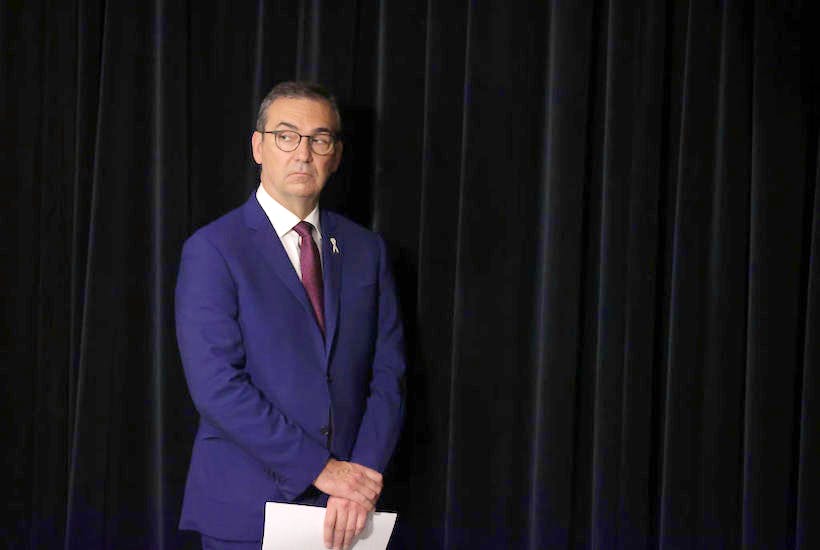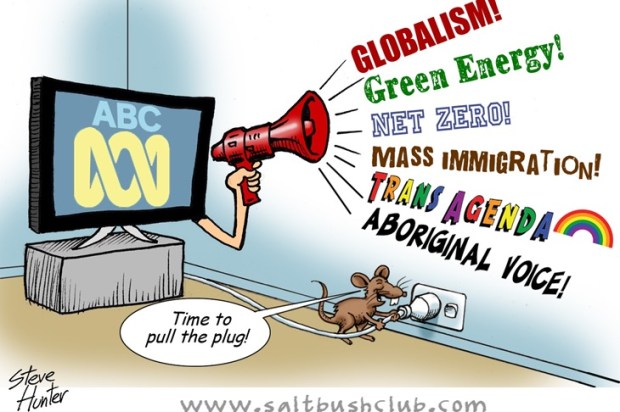In April, the South Australian Parliament passed the COVID-19 Emergency Response Act 2020, an Act designed to “make various temporary modifications of the law of the State in response to the COVID-19 pandemic and for other purposes”.
The Act modified a range of legislative instruments from the Emergency Management Act 2004 to the South Australian Public Health Act 2011 for the purposes of making swift decisions during the COVID-19 outbreak.
Until you understand the deeper consequences of what has been relinquished, it may not seem particularly troublesome to throw the keys to an emergency management team in the middle of a pandemic.
As a result of the Act, the bureaucracy in South Australia has unprecedented power and broad discretion to issue formidable “declarations and directions”. Those decisions have far-reaching and potentially long-lasting effects upon lives and livelihoods.
The modifications are designed to be temporary and frankly, they need to be, as South Australians are slowly learning the difficulties associated with allowing bureaucrats to run the show.
At the beginning of the pandemic, the community was compliant and South Australia dodged the worst of the virus.
The forcing of restrictions onto businesses was weathered under the umbrella of the Federal Government’s COVID response package, including the JobKeeper initiative.
But the bureaucratic creep was underway and the introduction of impositions upon small businesses became the norm. Initiatives such as the introduction of “COVID Marshalls” into businesses showed the gulf between the thought processes of the bureaucrat and the real-world.
To the bureaucrat, the addition of such measures are common sense precautions designed to keep people safe. They are orders governed by health and medical advice which operate in the rarefied air of public health boardrooms, not the cut and thrust world of business which needs to make every post a winner.
Businesses battened down the hatches and got on with the job. They were constantly reminded of the fact that we were “all in it together” so they complied notwithstanding the fact that they were running out of money and running out of time.
Last month, the State began to plunge into (what was to be) a six-day lockdown reported to be the most expansive and draconian the country had seen, a period that has highlighted the difficulties with allowing the bureaucracy such power.
Once again, South Australians dutifully, stayed at home, locked down and accepted another hit to their liberties. Once again, businesses did the right thing, they closed their doors and complied only to be told several days later that the lockdown was triggered because of a lie.
Now let’s be clear. Nobody is suggesting that decisions have been made with any malice or ill will and nobody is suggesting that any South Australian, be they an elected official, or bureaucrat, wants anything for their state other than to see it prosper but therein lies the problem.
The bureaucracy sees life a different way, it sees life without the weight of fiscal considerations. Life has not changed for the bureaucrat. His or her life simply works from home. He or she does not have to worry about payrolls, GST or perishing stock. These concerns are for the business owner.
The bureaucracy spends its working day, developing and formulating policy. It is almost the antithesis of that which is undertaken by the free market. In the world of the public sector, a reasonable policy is one which has been through many likeminded hands. To the bureaucrat, the result is akin to science and therefore beyond reproach however in truth it is nothing more than collectivism in disguise.
The bureaucratic class has a very narrow view of policymaking. What might be sound from a public health perspective can be disastrous to the economy and it is for this reason that Liberals, as the standard-bearers for individual freedoms, small business and freedom of speech, must be extraordinarily cautious when it comes to handing over the reins to the bureaucracy.
The bureaucrat is out of reach of the wrath of the publican who just threw away $10,000 of food and beverage at the hands of their decision-making process. The business owner doesn’t get a chance to vote for the bureaucrat.
It is for this reason that we must ensure that at the earliest available opportunity, the legislative powers which have gifted substantial control of our state to the bureaucracy are repealed and confined to the dustbin of history lest they continue to grow. Those who make decisions in public life must be accountable to the electorate.
A rampant and unchecked bureaucracy is the greatest long term threat to our liberty.
Alex Antic is a Liberal Senator for South Australia
Got something to add? Join the discussion and comment below.
Get 10 issues for just $10
Subscribe to The Spectator Australia today for the next 10 magazine issues, plus full online access, for just $10.


























Comments
Don't miss out
Join the conversation with other Spectator Australia readers. Subscribe to leave a comment.
SUBSCRIBEAlready a subscriber? Log in